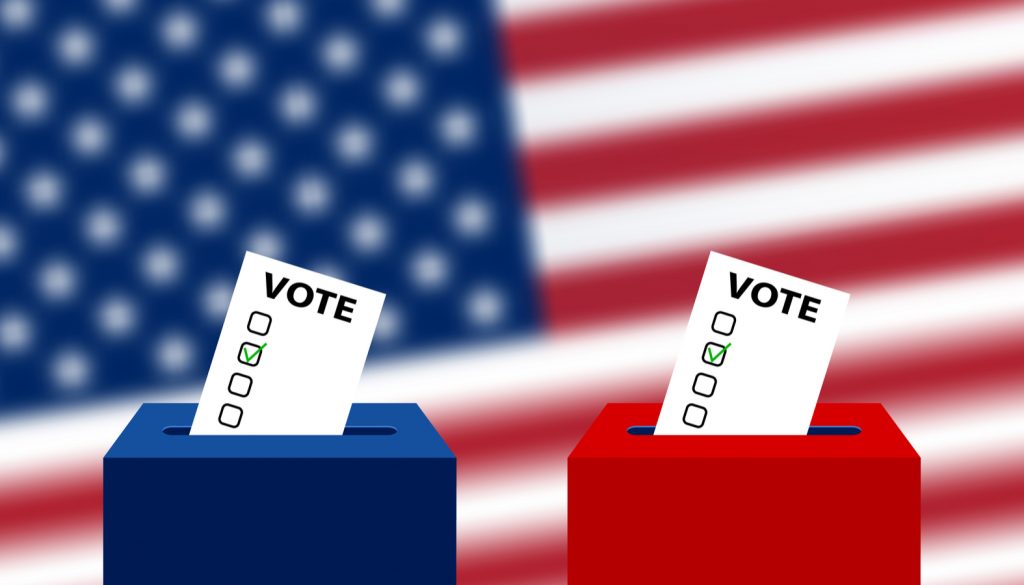Let me begin with what I suspect will be a welcome promise — I won’t tell you which candidate to vote for or how I plan to vote. As to the first, by this point in the campaign I suspect that you’ve made your choice. As to the second, I also suspect you don’t really care very much how I cast my ballot.
With that out of the way, then, permit me to share a few observations, based on recent and current experience, on the process by which we Americans go about choosing presidents these days.
The first observation is that many voters this year apparently will not so much vote for one candidate as vote against the other. (Needless to say, this cuts both ways.) There’s nothing especially new or wrong about that, but it does suggest why this year’s campaign has been an exceptionally ugly and divisive affair.
And that points to an obvious conclusion. Nearly the first post-election item of business for the winner, whether it’s Donald Trump or Joe Biden, should be to take serious steps — beyond the usual rhetoric, that is — to repair our fractured national unity. One way of doing that would be to forgo dividing up the spoils by handing out plum jobs exclusively to supporters and reach out instead to the losers in filling positions and planning a legislative agenda.
No, I don’t say that will happen — I’m not that dumb. I merely say it ought to happen, which unfortunately is something very different.
A second observation is that, instead of gearing up immediately for the next election cycle, both parties should pause and look seriously at reforming the process.
One area needing close attention is the primary system. No doubt primaries serve some useful purposes, and realistically speaking we’re stuck with them anyway, but steps should be taken to fashion a shortened primary season with fewer candidates and, even more important, a new structure that gives seasoned party leaders (not big donors but professional politicians) a serious say in choosing their parties’ candidates.
My third observation is that this year’s election has been a particularly painful reminder that, as I and others have often said, neither major party in its present form offers a congenial home to people, Catholics and others, who are both seriously pro-life and seriously committed to the values embodied in the social doctrine of the Catholic Church.
To the best of my knowledge, there is one party like that — the American Solidarity Party, it’s called — but, admirable as its policy positions are, it’s barely a speck on a political landscape dominated by the Democrats and the Republicans.
Former President George W. Bush seemed to be trying to create something along these lines early in his first term. But then came 9/11 and the debilitating distraction of the wars in Afghanistan and Iraq, and that was the end of that.
Sen. Marco Rubio (R-Fla.) appeared to be pointing to something of the kind last year in his widely noted “common-good capitalism” speech at the Catholic University of America. But the concept remains far from becoming a reality. Here’s hoping Rubio or somebody else picks up this particular ball and runs with it before 2024 rolls around.
Are ideas like these pipe dreams, with the parties and the prospective candidates instead locked into a replay four years from now? Perhaps so. But if the campaign of 2020 has demonstrated nothing else, it has at least shown that our present way of choosing presidents is broken and badly needs fixing.

